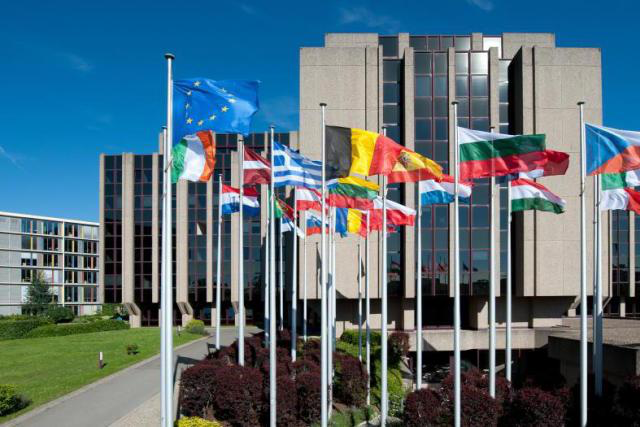Commissioner Olivér Várhelyi recently signed a €70.2 million assistance programme for Serbia.
The Commission says it is aiming to kick-start the EU economy by incentivising private investments.
The Commission has proposed a new Solvency Support Instrument, which builds on the existing European Fund for Strategic Investments, to mobilise private resources to urgently support viable European companies in the sectors, regions and countries most economically impacted by the pandemic.
The Solvency Support Instrument can be operational from 2020 and will have a budget of €31 billion, aiming to unlock €300 billion in solvency support for otherwise healthy companies from all economic sectors and prepare them for a cleaner, digital and resilient future.
The Commission is enhancing InvestEU, Europe’s flagship investment programme, to a level of €15.3 billion to mobilise private investment in projects across the Union.
Finally, the Commission is proposing a new Strategic Investment Facility built into InvestEU, to generate investments of up to €150 billion, thanks to a contribution of €15 billion from Next Generation EU, to boost the resilience of strategic sectors, notably those linked to the green and digital transition, and key value chains in the internal market.
Last month EU Commissioner for Neighbourhood and Enlargement, Olivér Várhelyi, together with President of Serbia Aleksandar Vučić participated on Friday in the virtual signing ceremony of a €70.2 million assistance programme by Serbian Minister of European integration Jadranka Joksimović and EU Head of Delegation to Serbia Sem Fabrizi.
This programme is the first envelope of the EU’s Instrument for Pre-Accession (IPA) 2020. It will support alignment to the EU acquis, socio-economic development and employment, and social policies for the most vulnerable people.
In particular, €30 million will be devoted to the economic recovery with grant support provided to micro enterprises, start-ups and business support organisations in the less developed regions of Serbia; therefore increasing employment, innovation and economic development at local level.
In the aftermath of the covid-19 crisis, special focus will also be put on strengthening the capacities for surveillance and response to communicable diseases.




